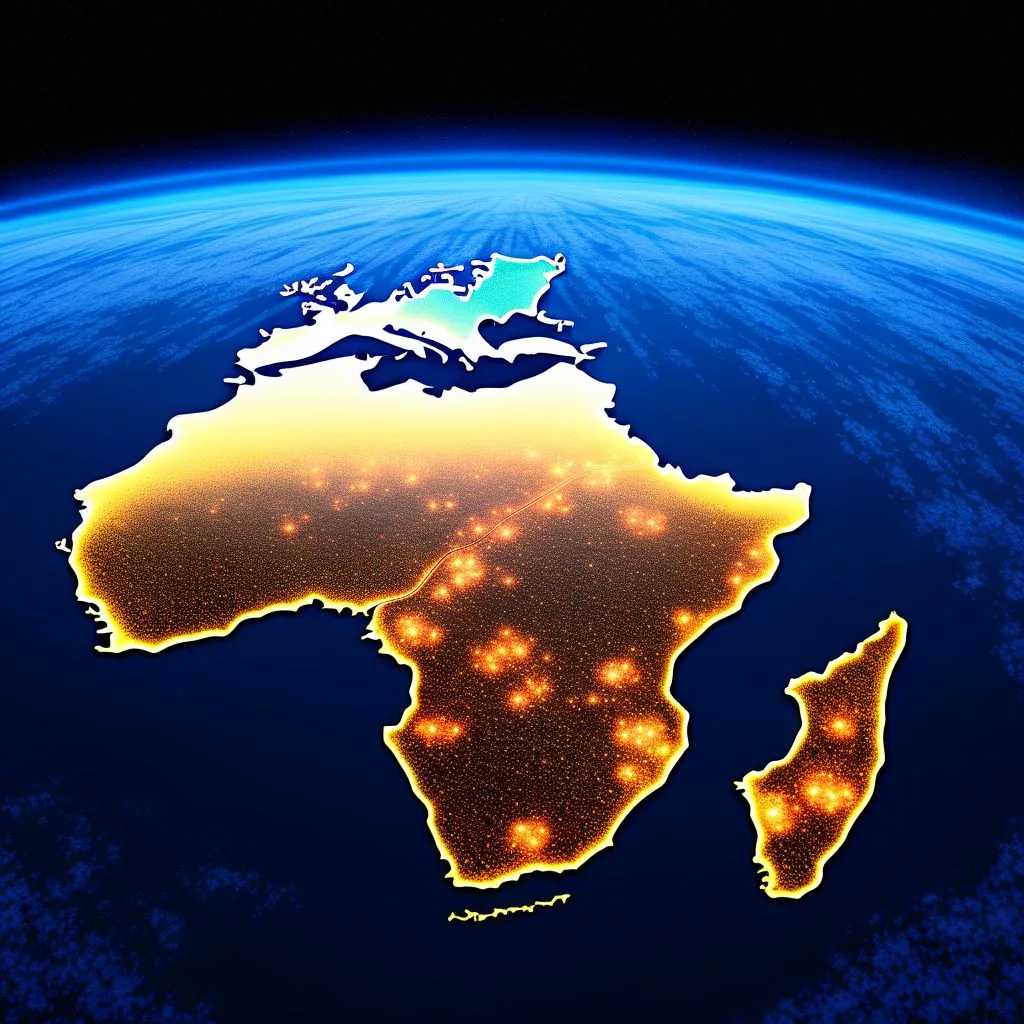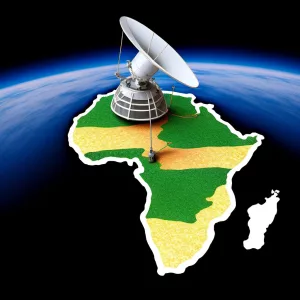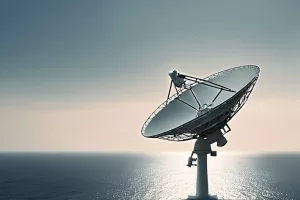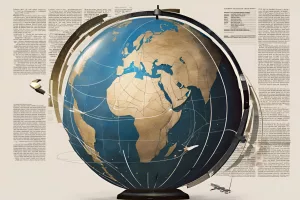The entry of Starlink, Elon Musk’s satellite internet service, into South Africa is facing tough challenges due to local laws that require foreign companies to partner with local investors. Critics argue that these rules slow down internet access, especially in rural areas. Supporters, like former politician Tony Leon, believe that easing these regulations could boost technology and improve relations with the U.S. However, Starlink recently withdrew its application to operate in the country, raising concerns about how South Africa can attract foreign investment while addressing historical inequalities. This debate highlights the struggle between supporting local interests and embracing new technology for a better future.
Elon Musk’s Starlink is facing a tough time in South Africa because it hasn’t applied for the required license, which involves local laws aimed at helping black South Africans gain economic power. Musk stirred up controversy by suggesting that he’s being blocked because of his race, but South African officials quickly denied this claim. They insist that Starlink can operate if it follows the rules, which require foreign companies to share ownership with local groups. The debate highlights the ongoing struggle between attracting foreign investment and promoting equality in South Africa, making it a hot topic for many.
Starlink is changing how sea rescues happen in South Africa by providing fast and reliable internet through satellites. This technology helps the National Sea Rescue Institute (NSRI) save lives by improving communication during rescue missions, especially in remote areas where it’s hard to connect. It’s not just about rescues; Starlink also promises to boost local economies by improving access to education and other important services. With this new connection, South Africa is on its way to a brighter, safer future for everyone.
South Africa Awaits Starlink’s Arrival: Navigating Regulatory Challenges Towards Digital Revolution
South Africa is eagerly anticipating the arrival of Elon Musk’s Starlink project, which aims to revolutionize internet accessibility in rural and secluded regions. However, regulatory hurdles have hindered its entry into the country. South Africa’s Electronic Communication Act requires that any communications license holder must be 30% owned by historically disadvantaged groups, which could pose a significant hindrance to Starlink’s application process. Recent events suggest potential progress, but it remains to be seen if Starlink can navigate regulatory constraints and bring about a new era of connectivity in South Africa.




